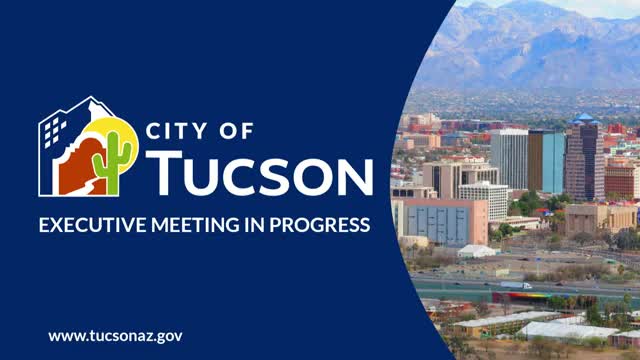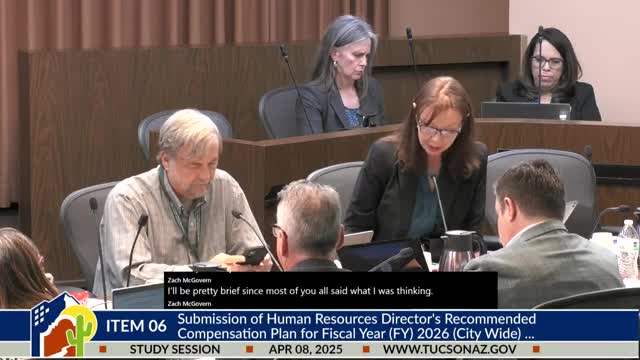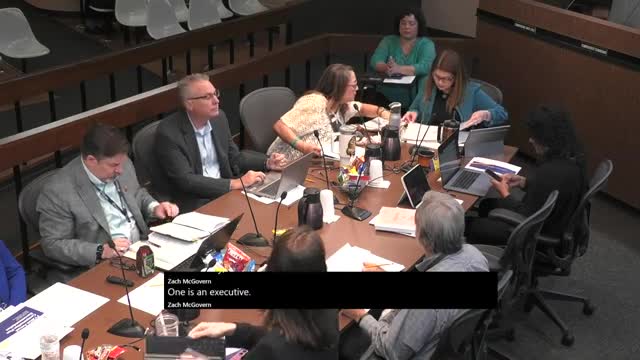Article not found
This article is no longer available. But don't worry—we've gathered other articles that discuss the same topic.

Council directs outreach on Route 5 major service change, launches fare equity study and asks staff to evaluate transit funding options

City manager warns of $27–28 million FY2026 operating gap; proposes critical needs and public engagement

